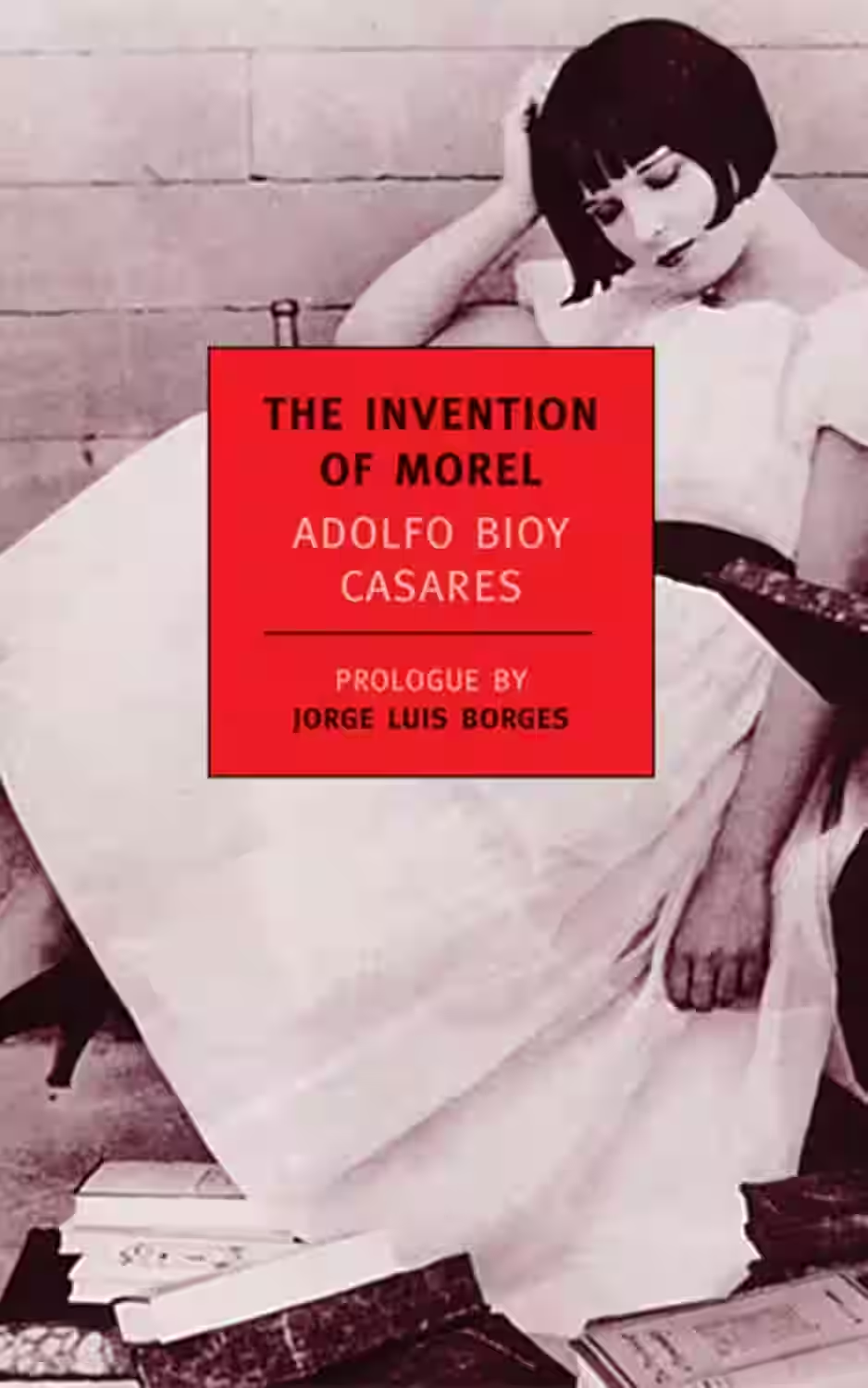
The Invention of Morel by Adolfo Bioy Casares is a surreal and philosophical novel about a fugitive hiding on a mysterious, uninhabited island. His solitude is disrupted when he begins to observe strange people who seem unaware of his presence—especially a woman named Faustine, with whom he falls in love. As he tries to understand their bizarre behavior, he uncovers a shocking secret: the island hosts a machine that endlessly replays recorded moments of the past. Blending science fiction with metaphysical inquiry, the novel explores themes of love, obsession, identity, and the nature of reality. Borges called it a perfect novel.
About Adolfo Bioy Casares
An Argentine writer, a close friend and frequent collaborator of Jorge Luis Borges. He is celebrated for his sophisticated and often fantastical short stories and novels that blend elements of science fiction, mystery, and philosophical inquiry. His masterpiece, The Invention of Morel, is a seminal work of speculative fiction. Bioy Casares's precise prose, intellectual curiosity, and exploration of illusion, reality, and identity established him as a master of concise and imaginative narrative in Latin American literature.
Similar Books
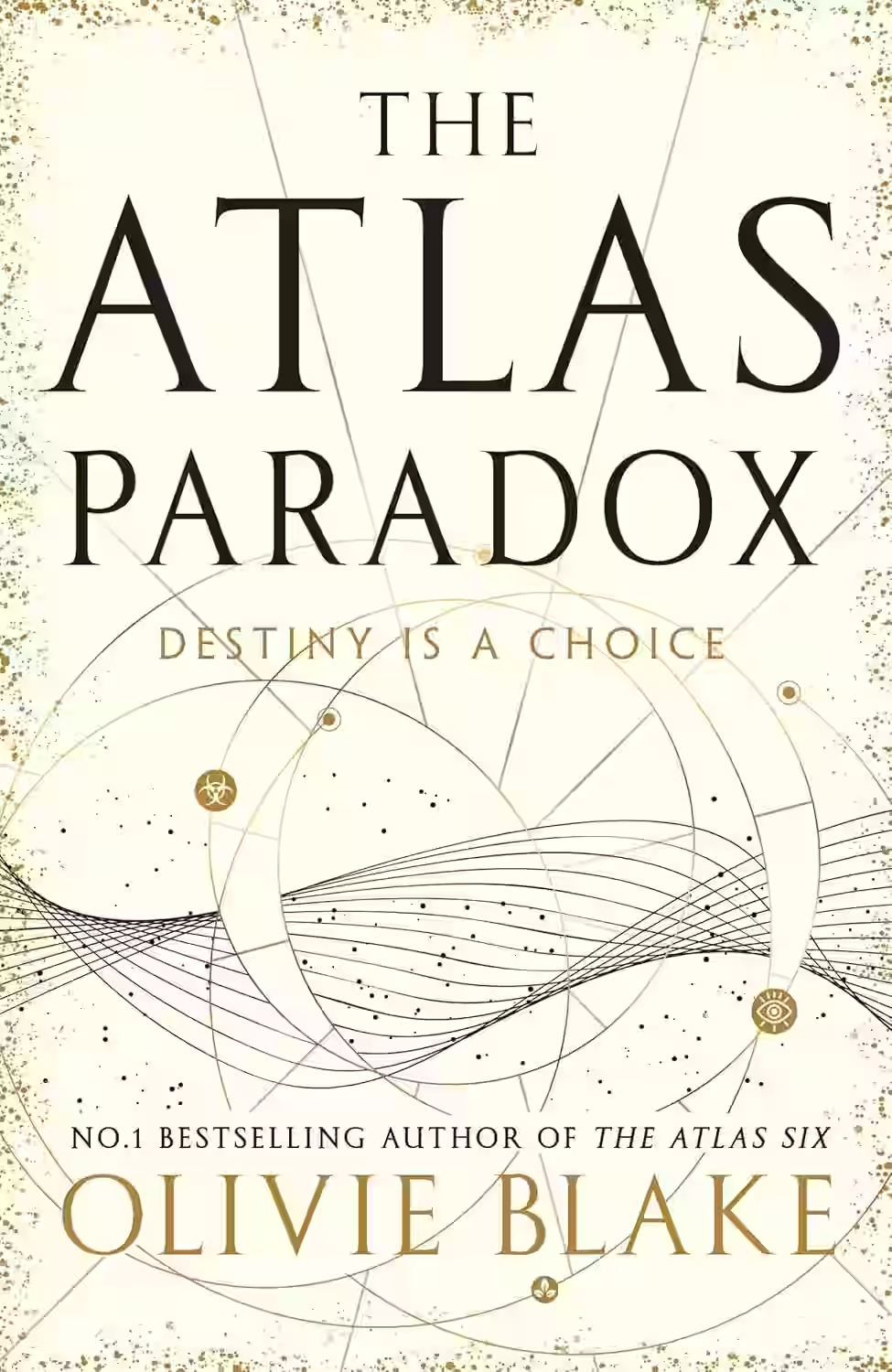
The Atlas Paradox
by Olivie Blake
Series: The Atlas (#2)
In 'The Atlas Paradox,' Olivie Blake continues to captivate readers with her blend of intrigue and intellectual challenge. As a sequel to 'The Atlas Six,' this novel dives deeper into the mysterious world of the Alexandrian Society, where six gifted magicians vie for their place among an elite group. Each character, with their unique abilities and motivations, navigates moral dilemmas and shifting alliances, revealing the corrupt underpinnings of their world. Blake deftly weaves a narrative that combines complex character development with philosophical questions about power, knowledge, and ethics. The book's stimulating dialogue and suspenseful plot maintain a gripping pace, enticing readers to ponder the true cost of ambition. 'The Atlas Paradox' is a thought-provoking exploration of the human psyche, making it a must-read for aficionados of dark academia and speculative fiction.
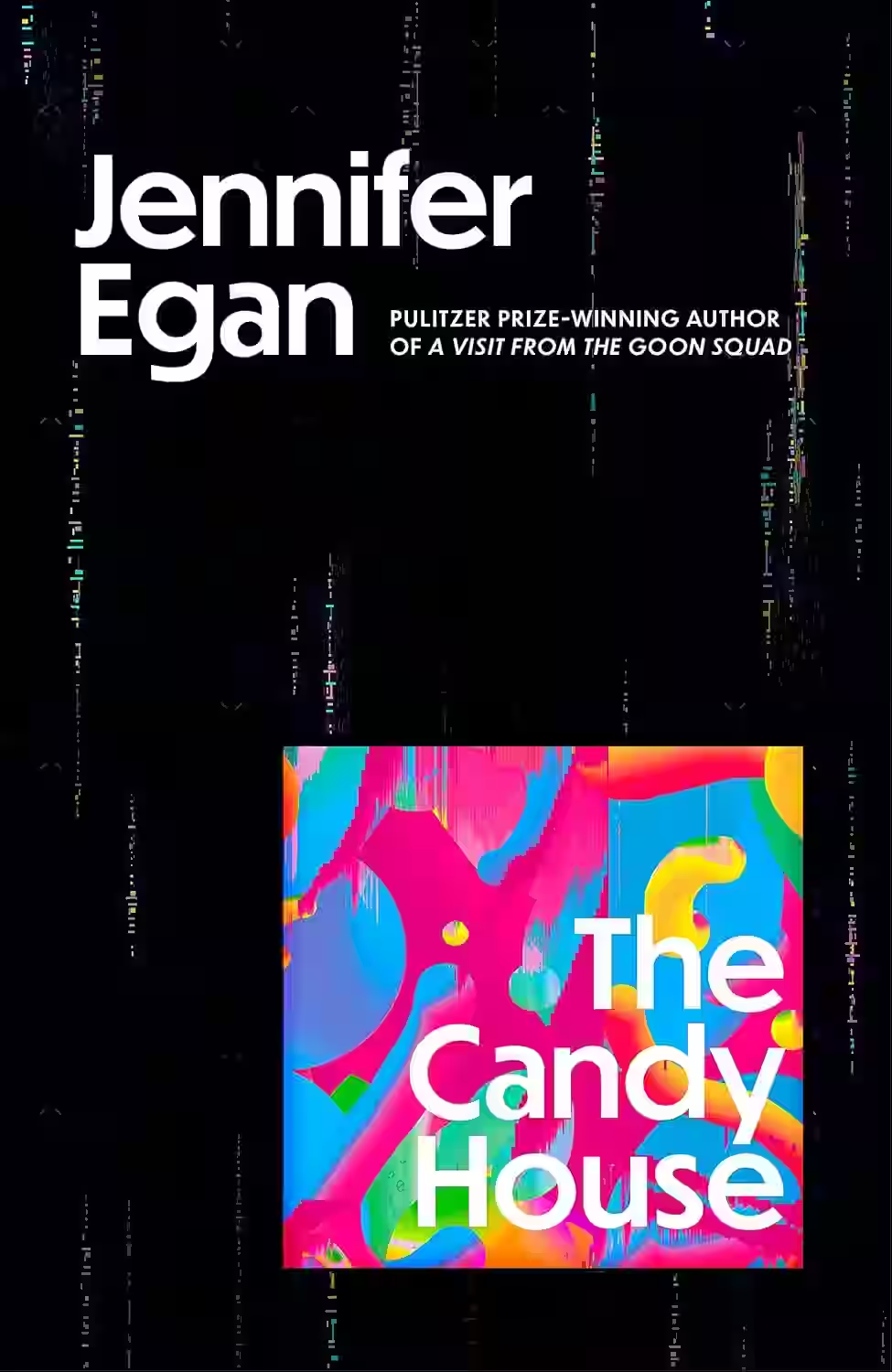
The Candy House
Jennifer Egan's inventive sequel to "A Visit from the Goon Squad" explores the evolution of technology and its impact on human connection through interconnected narratives and experimental structures. It delves into themes of memory, consciousness, and the allure and potential pitfalls of shared digital experiences, showcasing Egan's signature stylistic innovation.
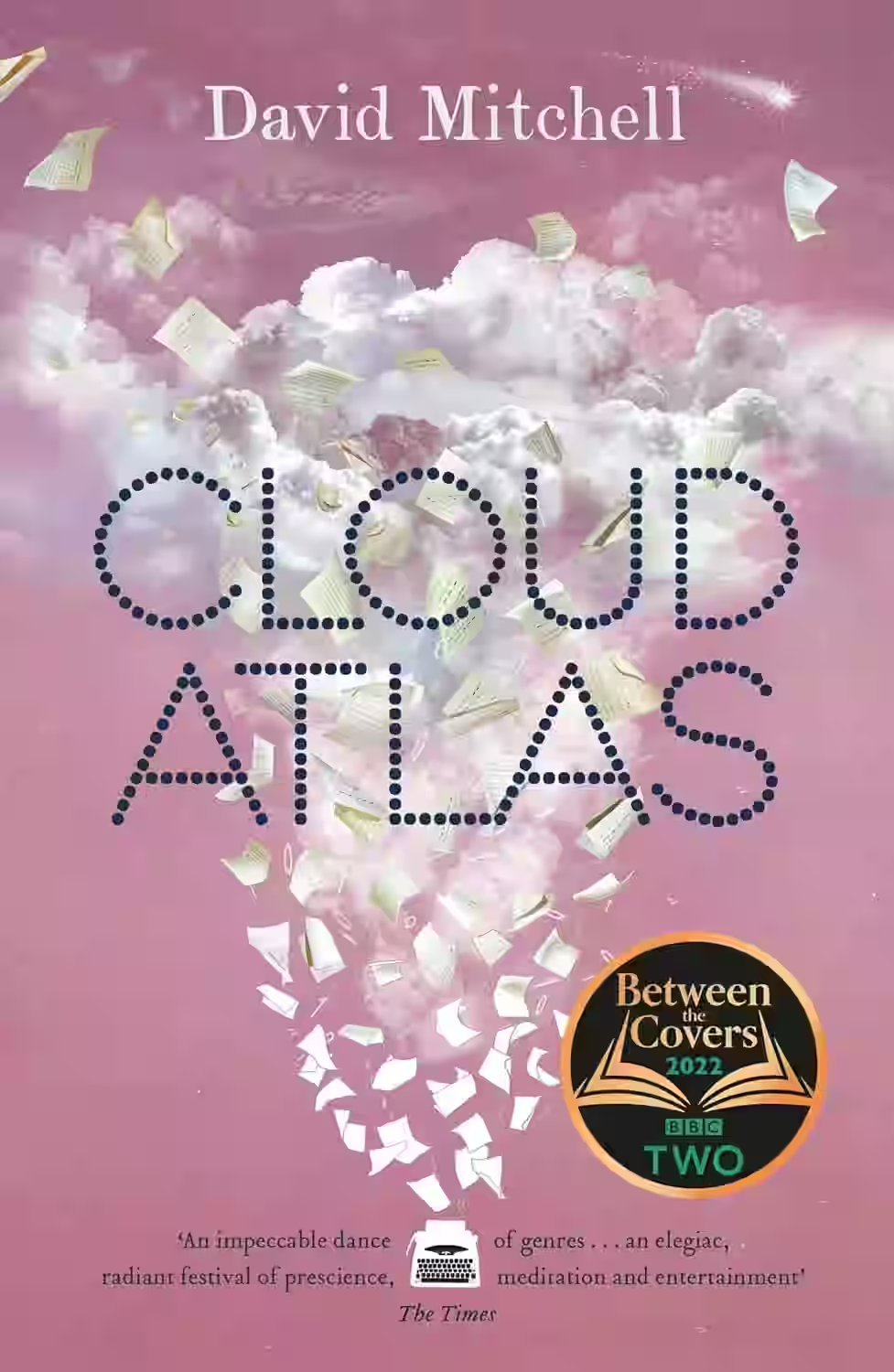
Cloud Atlas
Six nested stories span from the 19th century South Pacific to a post-apocalyptic future, each tale being discovered or experienced by the main character in the next. The novel explores how lives echo through time, examining themes of power, predacity, and the connections that transcend time and space.
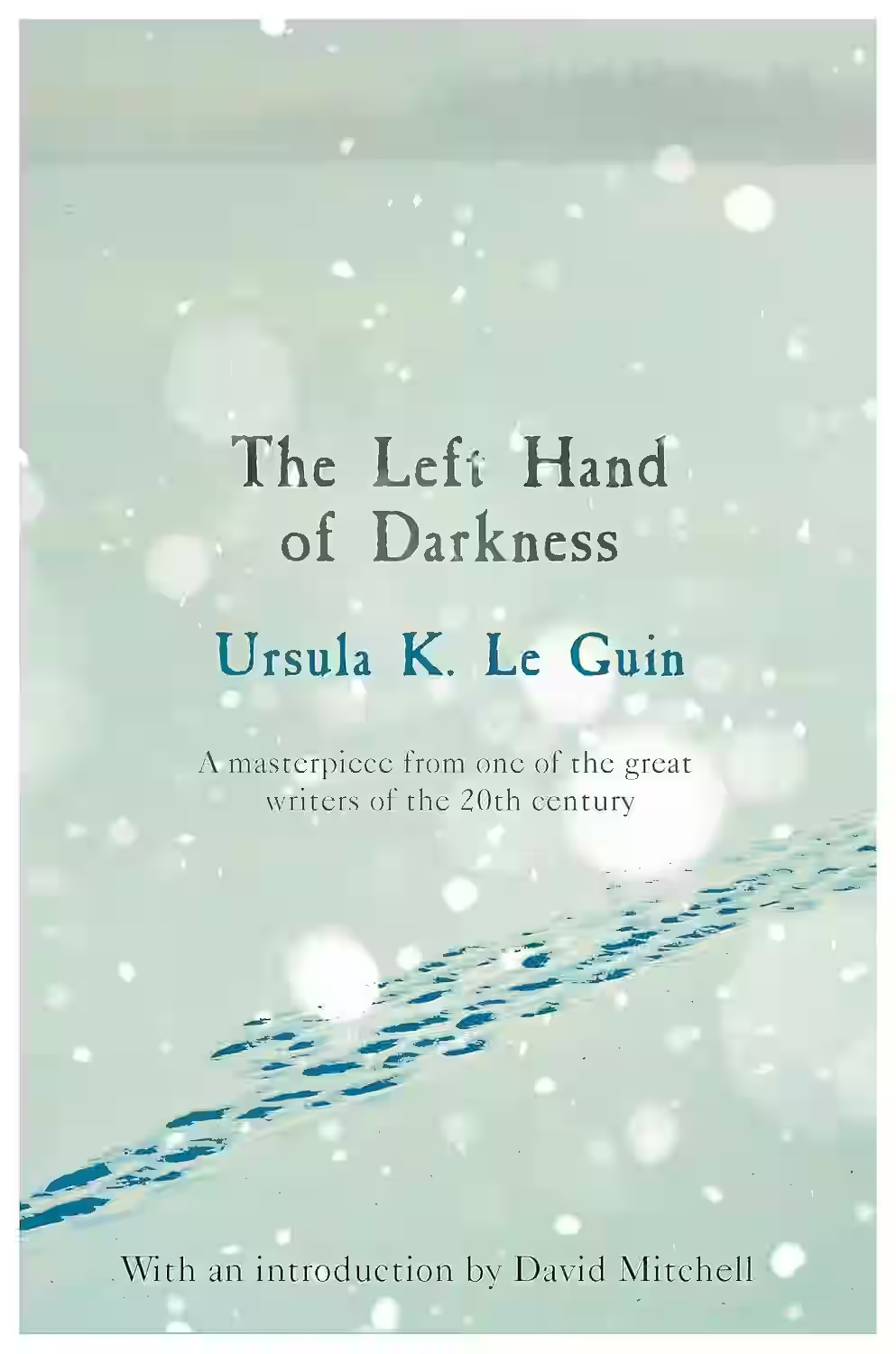
The Left Hand of Darkness
Ursula K. Le Guin’s The Left Hand of Darkness is a groundbreaking science fiction novel set on the icy planet of Gethen, where inhabitants are ambisexual, shifting between genders. Genly Ai, an envoy from another world, must navigate this unfamiliar culture and its politics to encourage planetary unity. His journey with the exiled Estravan becomes a profound exploration of identity, trust, and human connection. Le Guin masterfully blends anthropology, philosophy, and science fiction to challenge gender norms and cultural assumptions. A classic of the genre, it’s a powerful meditation on what it means to be human.